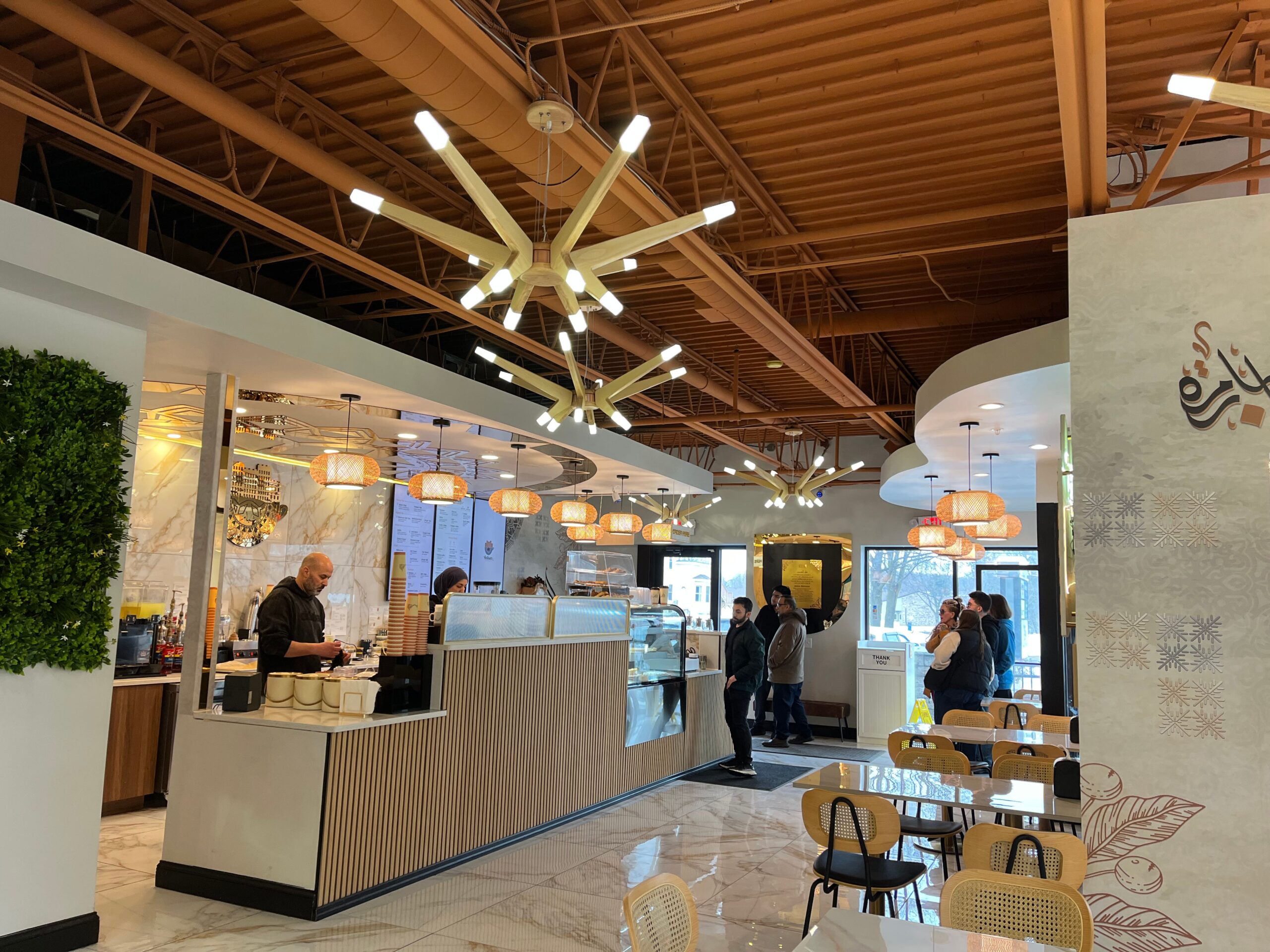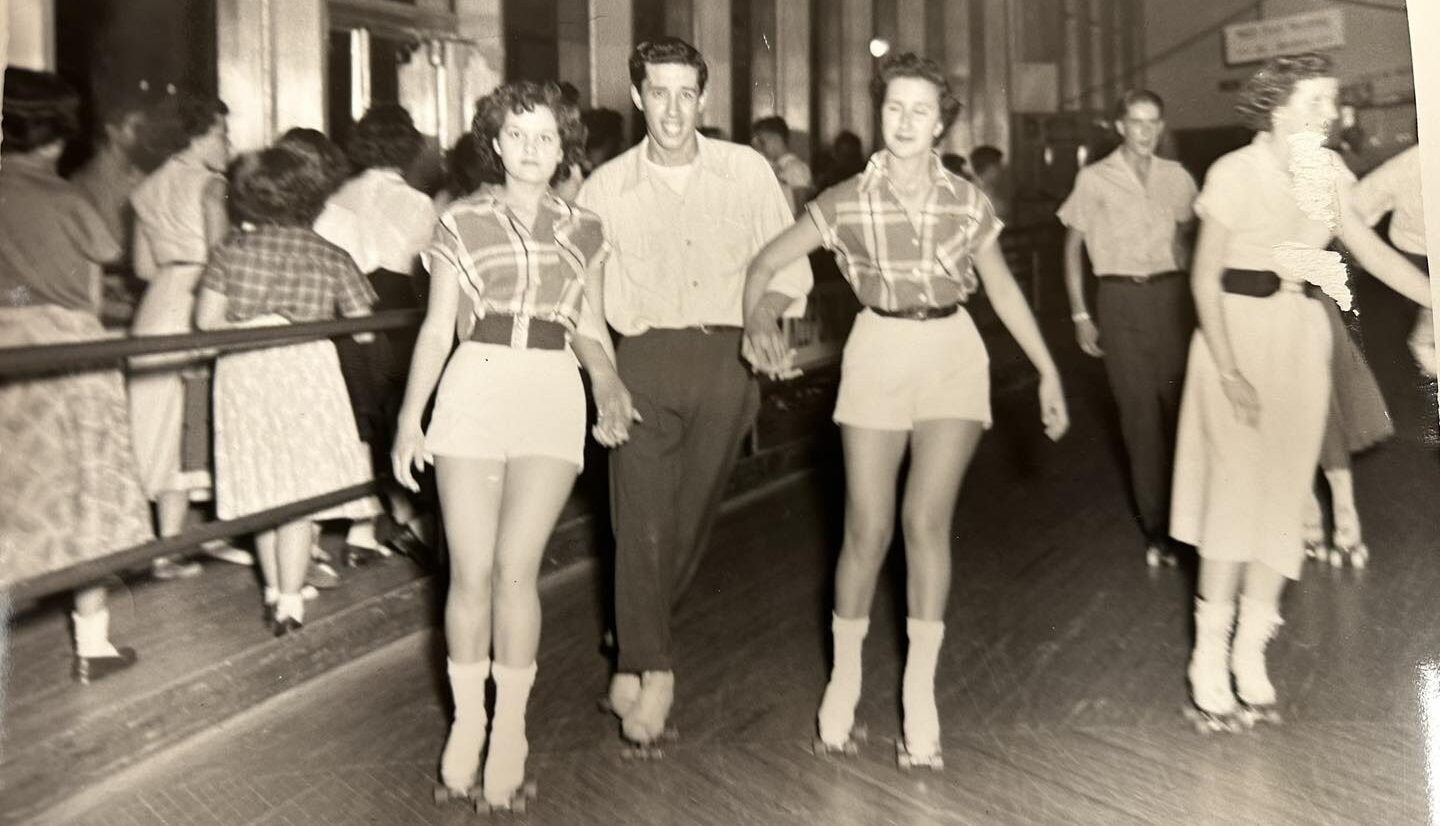Your eyes aren’t deceiving you: There really does seem to be a new urgent care center popping up on every corner around the Capital Region these days. Nationwide, from 2013 to 2019, the number of urgent care facilities has increased by nearly 50 percent to 9,000-plus, according to the Urgent Care Association. And many of these new centers are right here in our community. Offering services and access beyond those of a typical primary care doctor’s office—including extended hours and weekend/holiday availability—urgent cares are satisfying the need for affordable, flexible and convenient healthcare. This uptick in non-ER options couldn’t have happened at a better time, as the COVID-19 crisis has created even greater need for triage, treatment and testing on a rolling basis that these centers have been tending to.
For those of you who have never set foot in an urgent care clinic, know that these types of clinics are legitimate places where the endgame is getting you feeling better. They accept walk-ins and do not require an appointment to promptly see a board certified physician, physician assistant or nurse practitioner. As an added bonus, most urgent care clinics are typically transparent about their costs, and generally cost much less than what a trip to the emergency room might run you. That said, they’re designed for medical situations that require immediate attention but aren’t life- or limb-threatening. In other words, if you accidentally ran over your foot with the lawn mower, an emergency room visit would be a much better option.
So what exactly do urgent cares treat people for? The Urgent Care Association notes that the most common conditions treated in urgent cares are fevers, sprains and strains; upper respiratory infections; lacerations; contusions; and back pain. Most clinics can also stabilize and treat fractures and provide intravenous fluids while offering onsite X-ray, laboratory and phlebotomy services. And many are also offering COVID-19 tests and in-car triage for patients who think they might have contracted the virus.
Fortunately, the Capital Region offers a multitude of urgent care options. Here are a few to keep on your radar:
St. Peter’s Urgent Care Centers
St. Peter’s Urgent Care Centers are open seven days a week on a walk-in basis and have locations in Troy, East Greenbush and Saratoga Springs. St. Peter’s Urgent Care Centers in Albany, Clifton Park, Hudson and Niskayuna have been rebranded as WellNow Urgent Care centers. WellNow clinics offer conveniences such as online check-ins and current wait times—and they’re also offering COVID-19 virus and antibody testing, as well as in-car triage protocols for COVID-19 symptomatic patients. sphpma.com; wellnow.com.
Community Care Physicians
Community Care Physicians offers urgent care services in Albany and Latham. Both locations are open 365 days a year and treat patients of all ages. They’re also providing COVID-19 antibody testing and diagnostic lab testing to those who meet Centers for Disease Control and Prevention (CDC)–based screening criteria. communitycare.com
OrthoNY Urgent Care
OrthoNY Urgent Care is intended specifically for orthopedic injuries, sprains and strains. The clinic offers walk-in visits for evaluations, X-rays and casting services at locations in Albany, Saratoga Springs and Schenectady. orthony.com
EmUrgentCare
Albany Medical Center’s EmUrgentCare provides unscheduled treatment for urgent and nonurgent illnesses and injuries. Open 9am-9pm, seven days a week, EmUrgentCare’s locations include Brunswick, Colonie, Glenmont, Glenville, Guilderland, Latham, Mechanicville, Niskayuna, Rottterdam and Saugerties. amc.edu
If you’re worried about the potential for being exposed to COVID-19 at one of these local urgent cares, it’s worth noting that all of the Capital Region’s facilities are taking all of the necessary precautions to maintain safe and sanitary facilities, and are following guidelines set forth by the CDC and local health departments. These steps include up-to-date disinfecting processes in all rooms; and on furniture, computers, door handles and surfaces, with EPA-registered cleaning products. Also, all clinics are requiring both staff and patients to wear PPE and providing it to those who don’t have it. And the clinics have also greatly expanded telehealth services to ensure providers are available for patients who require or prefer care from home.
Again, it’s best to call 911 and/or go to the nearest emergency room for catastrophic health problems and injuries. Otherwise, Capital Region’s urgent care clinics are an affordable and convenient option for most healthcare matters that require immediate attention.







